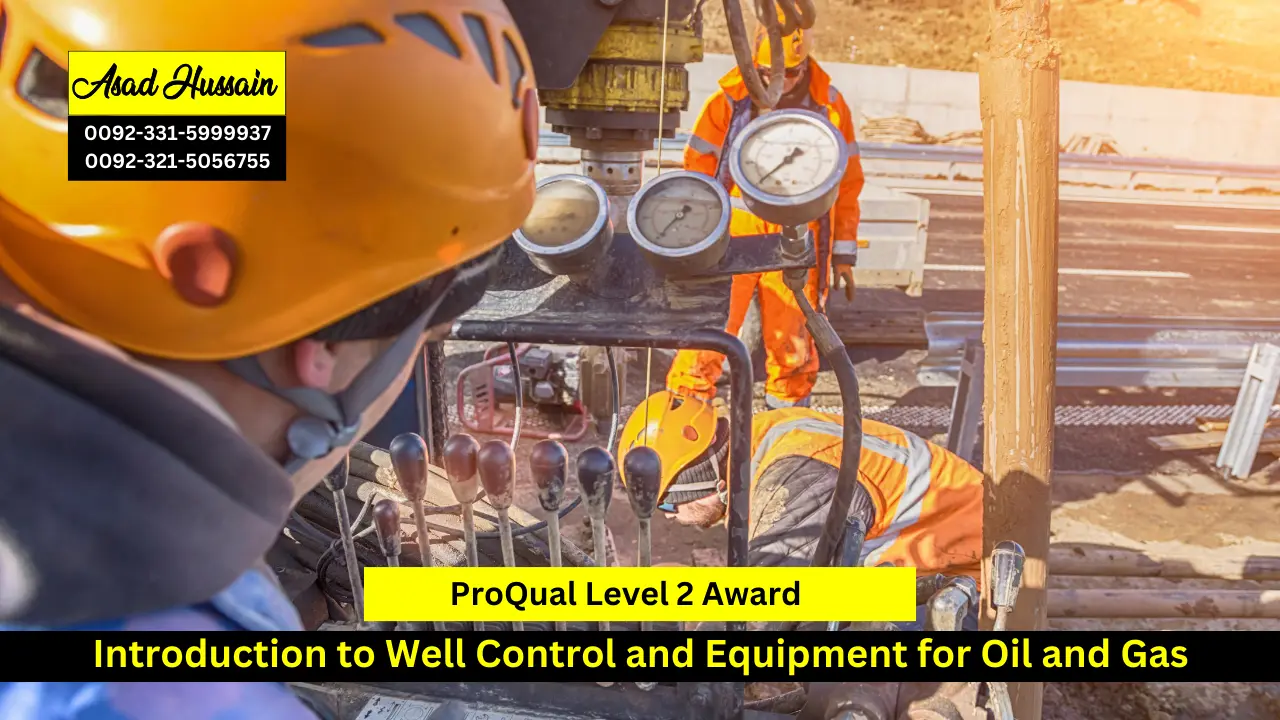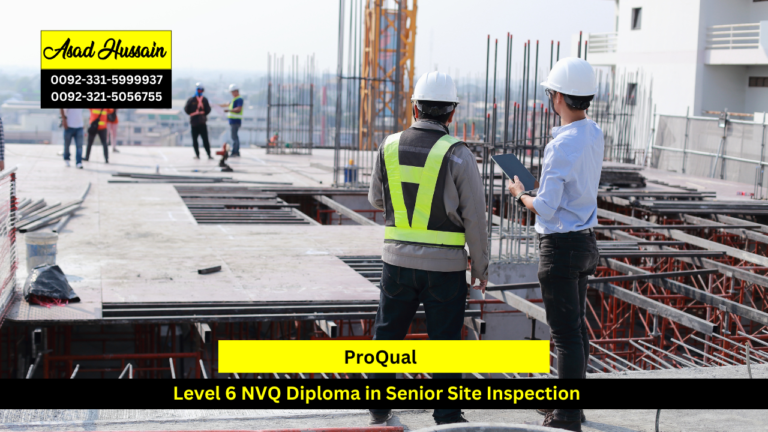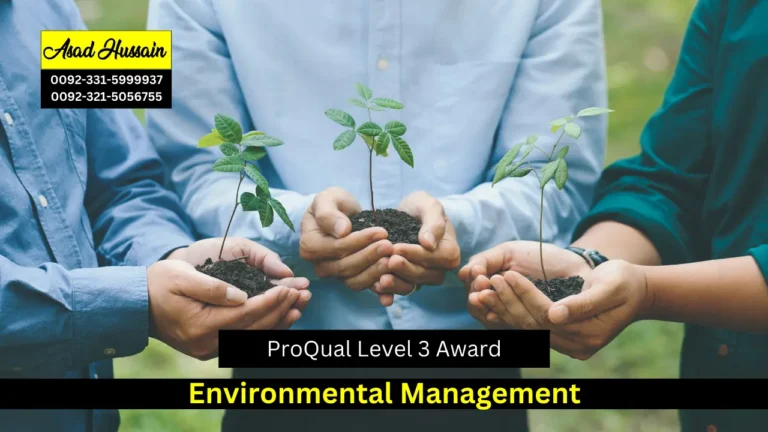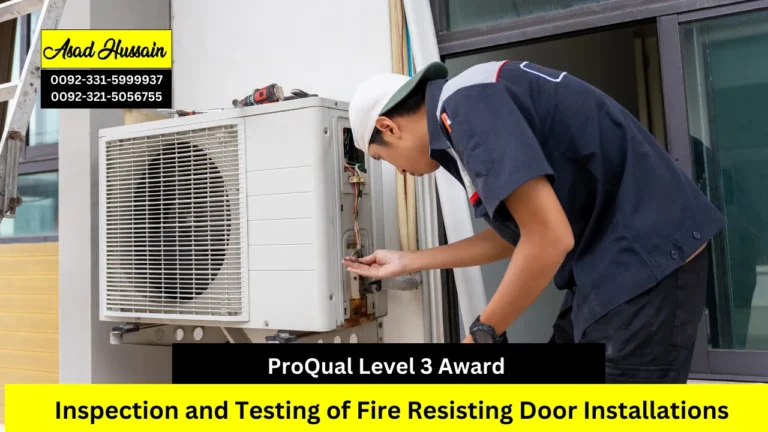The ProQual Level 2 Award in Introduction to Well Control and Equipment for Oil and Gas is therefore a crucial credential for operational personnel. Achieving this award demonstrates a foundational awareness of well control, a mandatory safety concept for the industry. It equips individuals with the fundamental understanding needed to support wellsite safety protocols and serves as a key stepping stone for personnel in both onshore and offshore drilling and well servicing roles.
This essential foundation award delivers critical knowledge on the principles of well control and the associated surface equipment, which are fundamental to safe drilling and well intervention activities. It provides personnel with a clear understanding of how to maintain the pressure balance within a wellbore to prevent uncontrolled flow—the most serious risk in upstream oil and gas operations. Participants will learn to identify key equipment, understand basic well control methods, and recognize early warning signs of a potential influx, fostering a culture of proactive safety. This is an industry award and is not regulated by Ofqual.
The curriculum focuses on the function and identification of primary well control barriers, including the drilling fluid column, and secondary barriers such as the Blowout Preventer (BOP) stack. Learners will gain familiarity with standard well control equipment, basic pressure concepts, and the critical importance of monitoring and maintaining well integrity. This introductory knowledge is vital for anyone involved in wellsite operations, enabling them to understand procedures and contribute to a collective safety environment.
Program Highlights
To achieve the ProQual Level 2 Award in Introduction to Well Control and Equipment for Oil and Gas: Candidates must complete the following single Mandatory unit of 50 Guided Learning Hour.
Mandatory units
Introduction to Well Control and Equipment for Oil and Gas
Entry requirements
To ensure learners can grasp the critical safety principles covered, candidates must meet the following fundamental entry criteria for this technical award.
- Age Requirement: Applicants must be a minimum of 18 years of age, reflecting the safety-critical nature of well control knowledge.
- Educational Background: While formal qualifications are not mandatory, prior achievement of an introductory certificate in oil and gas operations, a relevant STEM subject, or a Level 1 HSE award provides a strong foundation.
- Language Proficiency: A proficient command of English is essential to understand complex technical procedures, safety manuals, and communicate effectively in high-stakes operational scenarios.
Candidates are typically seeking entry into, or are already engaged in, rig-based or wellsite roles where an understanding of well integrity is paramount. By meeting these requirements, you confirm your readiness to build the essential foundational knowledge that underpins wellsite safety and effective operational practice.
Learning Outcomes
Introduction to Well Control and Equipment for Oil and Gas
- Understand the origin, history and significance of oil and gas.
- Understand the basic principles and procedures for drilling, completions and workover of a well.
- Understand the fundamental principles of maintaining well control and the requisite well control equipment.
- Be introduced to well control procedures and equipment including types of BOPs.
- Understand well intervention and the impact of workovers and completion design to maximizing field production
- Understand possible issues associated with well integrity
These learning outcomes aim to equip participants with the knowledge and skills needed to work safely and effectively in roles related to well control and equipment within the oil and gas industry. They provide a clear framework for assessing the competence and readiness of individuals completing the course.
Target Audiences
The ProQual Level 2 Award in Introduction to Well Control and Equipment for Oil and Gas is designed for personnel who require a foundational, yet critical, understanding of well integrity and pressure control to work safely on drilling rigs and well intervention sites.
- Rig New Entrants & Roustabouts: Individuals starting their offshore/onshore drilling career who need mandatory safety training on well control principles and surface equipment.
- Assistant Drillers & Derrickmen: Crew members moving into more responsible roles who require formal recognition of their understanding of BOP stacks, barriers, and basic well control concepts.
- Well Servicing & Workover Crews: Personnel involved in interventions, completions, or maintenance who must understand well control equipment and procedures specific to their operations.
- Field Specialists & Technicians: Non-drilling personnel, such as mud loggers or equipment operators, who work on the wellsite and need a foundational awareness of well control for their own safety and situational awareness.
By completing this award, you gain a vital baseline of wellsite safety knowledge, preparing you to understand procedures, recognize hazards, and contribute to the fundamental goal of maintaining well control.







